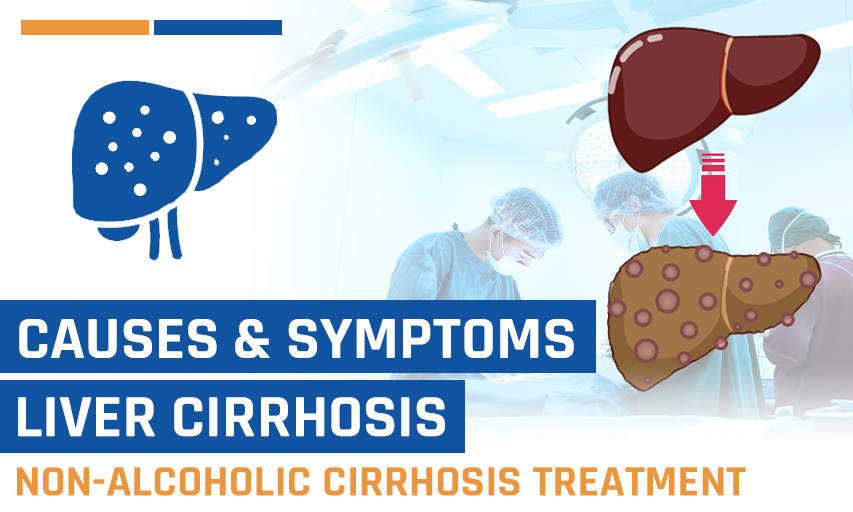When is it Too Late to Get Dental Implants?
Are you wondering when is it too late to get dental implants? Worry not. Dental implants can be obtained at any time. However, depending on how long you've been without teeth, you might need another treatment first. Your body started absorbing the minerals in your jawbone when your teeth were initially removed to use them elsewhere. To use your body's resources as effectively as possible, do this. It has a lovely design. Unfortunately, your jawbone starts to decrease the longer you go without teeth. You lose too much jawbone after ten or so years for your dentures to stay in place. This is the start of facial collapse, which is probably the cause of your current issues with the fit of your dentures.
You'll need to undergo several diagnostic tests to determine your bone structure, among other things. Even if you had all your teeth, this would still need to be done. The proper diagnostics are necessary for the three-dimensional process of placing dental implants. Your dentist can assess whether you require any bone grafting after better understanding the situation. By replacing your missing bone, this operation can put you in a position to receive the dental implants you want.
What are Dental Implants?
Dental implants are synthetic titanium roots used to replace missing teeth. It is surgically placed into your jawbone to ensure the source is stable. The space left by your missing tooth is then filled with a replacement tooth screwed onto the implant.
Because they feel and appear like your natural teeth, dental implants can be an excellent alternative for replacing missing teeth. If you work with your dentist to take care of them, they're a more durable option and can last up to 15 years.
Best Potential Patients for Dental Implants
In place of dentures, dental placements can replace a single tooth or a complete mouthful. The ideal candidates have jawbone density sufficient to support the implants and healthy gums. Since the procedure involves anesthesia and can be complicated for persons with other illnesses, suitable candidates are also generally healthy.
Additionally, candidates cannot have gum disease. Dental implants can only be implanted if you have gum disease once the infection has been treated. Smoking prevents the body from healing and raises the likelihood of failure. Finally, ideal individuals already practice good oral hygiene, including brushing and flossing twice a day and twice-yearly checkups to get the necessary dental care.
What Happens During Dental Implant Surgery?
Following thorough x-rays of your mouth, head, and jaw, your dentist will decide whether dental implants are the best option. It may require several months to complete the dental implant surgery procedure.
In the initial stage, your dentist will place the titanium posts directly into your jawbone via your gums. The artificial tooth won't be placed at this point because your jawbone and gums require time to recover.
After a few months, your jawbone will bind with the titanium post, forming a sturdy foundation. Your dentist will place an abutment to the titanium post's top during your subsequent appointment, which will serve as the foundation for the prosthetic tooth. Your dentist will take measurements of your mouth and other teeth before making the prosthetic tooth to ensure it fits properly and doesn't interfere with your bite.
Following the surgery, slight bruising around the mouth and jawbone is common. As you recuperate, the region will be sensitive for a few weeks. For pain management, your dentist may recommend medication.
When is it too late for dental implants?
Dental implants can be placed anytime; there is no such thing as too late. So, you don't need to worry about when is it too late to get dental implants. There might need to be one more step to have a successful surgery. Let's take a look at certain situations where you might need a more viable option than dental implants:
1. Excessive Bone Loss
The requirement for a solid jawbone to have dental implants inserted is one of their drawbacks. Your jawbone becomes less dense when you have lost teeth for a prolonged period. This is partially because tooth roots support and nourish the surrounding bone. More bone is lost the longer dental roots are absent. Unfortunately, most bone loss occurs in the first few years following tooth loss.
Even while bone grafts can strengthen your jawbone so you can still have dental implants despite the bone loss, there are some situations when there has been too much bone loss for a transplant to be of any use. In this situation, getting dental implants would be out of the question. Therefore, you'll need to think about your choices.
2. Elderly People with a Chronic Disease
The best candidates for implants are older persons who have lost some teeth, primarily if they practice good oral hygiene. Oral surgeons, however, usually do not advise dental implants for individuals over 85.
The reason for this is that chronic illnesses are more common in the elderly, which makes it harder for the body and mouth to recover from procedures. Additionally, one drawback of dental implants is that they need a lot of time to heal correctly.
It is less safe to insert dental implants because of the prolonged healing phase. While it's unpleasant to mention, people over 85 may not need such implants because they are meant to last for decades.
3. A Serious Gum Condition
You might also require a gum transplant if you have a severe gum issue. However, if you have had long-term gum disease, you may have loose implants that need to be removed or dental implants that protrude through the gums.
However, if you want dental implants and are over 85, in good health, and free of chronic ailments, your dentist may propose the operation.
Alternatives You May Consider
You must speak with your dentist before you are aware of when is it too late to get dental implants. Don't worry, though, if it ends up being too late; you can still get your teeth replaced and have a healthy, attractive smile using the following methods-
1. Tooth Bridges
A dental bridge is a good alternative when only one or two teeth are missing. A bridge is an artificial tooth fastened to the adjacent teeth using crowns. Bridges are dependable and durable. They resemble natural teeth and pay less than the cost for dental implants.
2. Dentures
Depending on how many of your teeth are missing, you can obtain either a complete or partial denture. High-quality dentures will look like natural teeth and won't slip or click. Additionally, they are significantly less expensive than dental implants, and regular use prevents facial muscles from drooping inward.
3. Crowns
You could acquire a dental crown if your tooth is slightly damaged or broken. Crowns, constructed of metal, porcelain, resin, or ceramics, are placed on top of or incorporate existing tooth fragments.
4. All-on-Four Dental Implants
Getting all-on-four dental implants is an additional choice. Thus, those who have experienced some bone loss can still receive dental implants. However, only some are candidates. The kind and quantity of bone structure still present in your jaw have a significant impact. With this solution, you don't need to consider your budget, as all on four dental implants cost less than traditional implants.
Conclusion
Implants for the teeth can be placed at any time. You are a good candidate for the treatment if your jaw has adequate bone for the implants to grow over and be secured in place. You will need bone grafting if the bone in your jaw is too thin or frail to cover the implant, but you can still get dental implants once the graft has healed.




















Be First To Comment
Leave a Comment